GI CONNECT members authored a paper ‘Reconsidering the benefit of intermittent versus continuous treatment in the maintenance treatment setting of metastatic colorectal cancer’ with the aim to reconsider the evidence for clinical benefit of intermittent versus continuous treatment in the maintenance treatment setting of mCRC and to evaluate the effect of RAS and BRAF mutational status on maintenance strategies. Access the paper published in Cancer Treatment Reviews and download slides of the key highlights.
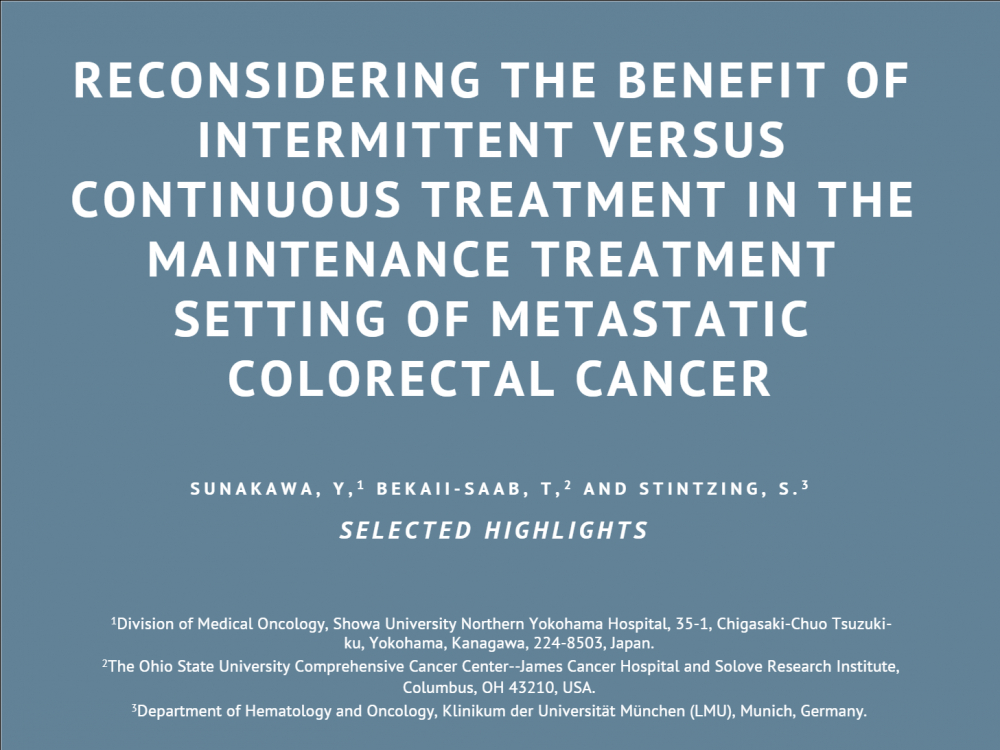
Tanios Bekaii-Saab, MD is a Professor of Medicine at the Mayo Clinic College of Medicine and Science. He is the Chair for Hematology and Medical Oncology for the Division of Hematology/Oncology at the Mayo Clinic in Phoenix, Arizona, USA. He is the leader of the Gastrointestinal Cancer for the Enterprise-wide Mayo Clinic Cancer Center Dr. Bekaii-Saab is currently the co-leader of the Hepatobiliary Cancer Sub-Committee of the Alliance for Clinical Trials in Oncology and the Co-Chair for the National Cancer Institute’s Hepatobiliary Task Force.
Dr. Bekaii-Saab earned his medical degree from the American University of Beirut in Lebanon and completed a residency in internal medicine at Indiana University Medical Center in Indianapolis, Indiana, USA. He then completed fellowships in clinical pharmacology and experimental therapeutics and hematology/oncology at Tufts University/New England Medical Center in Boston, Massachusetts, USA.
Dr. Bekaii-Saab served as a reviewer for many high impact journals and sits on the editorial board of the prestigious Journal of the National Cancer Institute. Dr. Bekaii-Saab has authored or co-authored more than 500 peer reviewed publications, abstracts, and book chapters, including papers in such journals as New England Journal of Medicine, Lancet, Lancet Oncology, Journal of Clinical Oncology, JAMA, Journal of the National Cancer Institute, Annals of Oncology, and Clinical Cancer Research.
Research Funding (to institution): Agios, Arys, Arcus, Atreca, Boston Biomedical, Bayer, Eisai, Celgene, Lilly, Ipsen, Clovis, Seattle Genetics, Genentech, Novartis, Mirati, Merus, Abgenomics, Incyte, Pfizer, BMS. Consulting (to institution): Servier, Ipsen, Arcus, Pfizer, Seattle Genetics, Bayer, Genentech, Incyte, Eisai, Merus, Merck KGaA and Merck. Consulting (to self): Stemline, AbbVie, Blueprint Medicines , Boehringer Ingelheim, Janssen, Daiichi Sankyo, Natera, TreosBio, Celularity, Caladrius Biosciences, Exact Science, Sobi, Beigene, Kanaph, AstraZeneca, Deciphera, Zai Labs, Exelixis, MJH Life Sciences, Aptitude Health, Illumina, Foundation Medicine and Sanofi. Glaxo SmithKline , Xilio. IDMC/DSMB: The Valley Hospital, Fibrogen, Suzhou Kintor, AstraZeneca, Exelixis, Merck/Eisai, PanCan and 1Globe. Scientific Advisory Board: Imugene, Immuneering, Xilis, Replimune, Artiva and Sun Biopharma. Royalties: Uptodate. Inventions/Patents: WO/2018/183488: HUMAN PD1 PEPTIDE VACCINES AND USES THEREOF – Licensed to Imugene, WO/2019/055687: METHODS AND COMPOSITIONS FOR THE TREATMENT OF CANCER CACHEXIA – Licensed to Recursion
Dr Yu Sunakawa is a medical oncologist at St. Marianna University, Japan and previously worked as an instructor at Showa University Northern Yokohama Hospital in Yokohama, Japan. He also completed postdoctoral research fellowship training at University of Southern California/Norris Comprehensive Cancer Center in United States. In 2011, Dr Sunakawa received the board certification of the Japanese Society of Medical Oncology. Dr Sunakawa’s research interests are the identification and determination of molecular markers in cancerous tissues or blood that could predict cancer risk and clinical outcome in gastrointestinal cancer. He is also focusing on research regarding tumour immunity and received a Merit Award from the American Society of Clinical Oncology in 2014, for the research of genetic variations in immune checkpoint-related genes.
Bayer, Bristol-Myers, Biopharma, Chugai Pharm, Daiichi-Sankyo, Gurdant, Lilly, Ono Pharm, Sanofi, Sysmex, Takeda and Tahio Pharm.
Sebastian Stintzing (M.D.), Professor of Medicine, is Head of the Department of Hematology, Oncology and Cancer Immunology (CCM), Charité - Universitaetsmedizin Berlin. His research focuses on the treatment of GI cancer with a special focus on colorectal cancer. From 2012 to 2014, he was a research fellow at the Sharon Carpenter Laboratory at the University of Southern California Norris Comprehensive Cancer Center, Los Angeles, U.S.A. He coordinated the translational part and assisted the clinical study conduct of several studies and earned his Postdoctoral Lecture Qualification with a thesis on prognostic and predictive factors in the treatment of metastatic colorectal cancer. In 2012, he received the prestigious Research Fellowship Award from the German Cancer Aid in Germany. Prof. Stintzing is member of national and international cancer associations, member of the German S3 Guideline committee for colorectal cancer, and member of the steering committee of the working group Colorectal Carcinoma of the German AIO.
AMGEN, AstraZeneca, Bayer, BMS, CV6, Eisai, Isofol, Lilly, Merck KGaA, MSD, Pierre Fabre, Roche, Sanofi, Taiho, Takeda
Other programmes of interest
Innovating relapsed refractory multiple myeloma care
Unmet needs, therapy management, and real-world experience
Experts
Assoc. Prof. María Victoria Mateos, Assoc. Prof. Karthik Ramasamy, Assoc. Prof. Elena ZamagniNTRK fusion testing and treatment in pediatric sarcoma
Make decisions for a young patient during his cancer journey
Navigating advanced HCC: treatment strategies beyond immunotherapy (IO)
Module 4: Treatment strategies for patients ineligible for IO or those with progression on IO
Later-line treatment strategies in metastatic colorectal cancer (mCRC)
Rechallenge vs switching
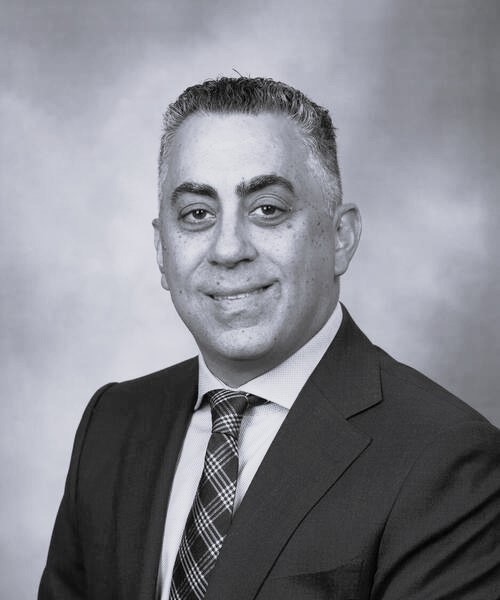
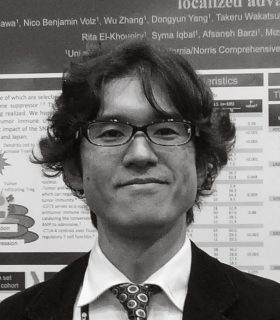
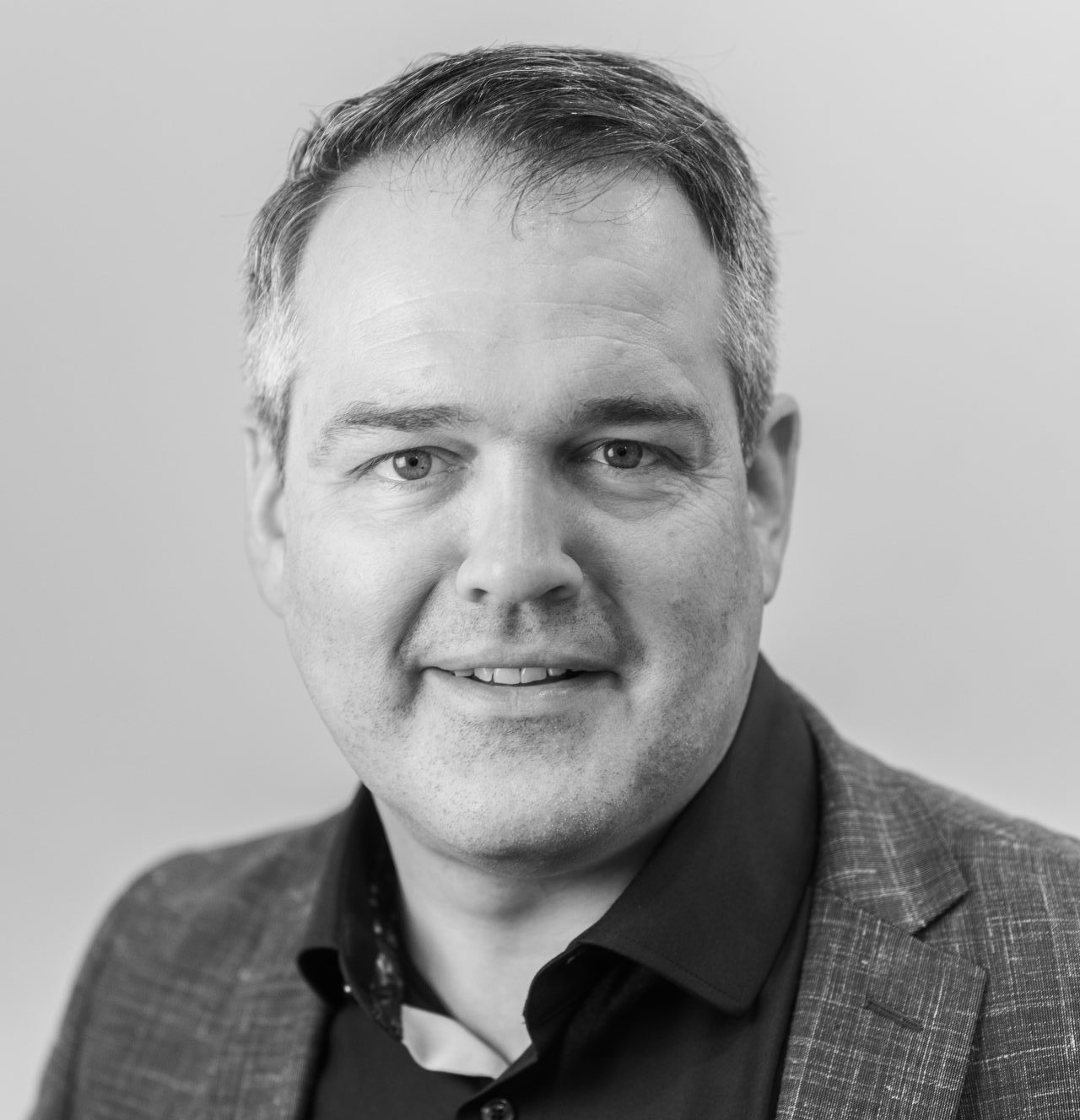
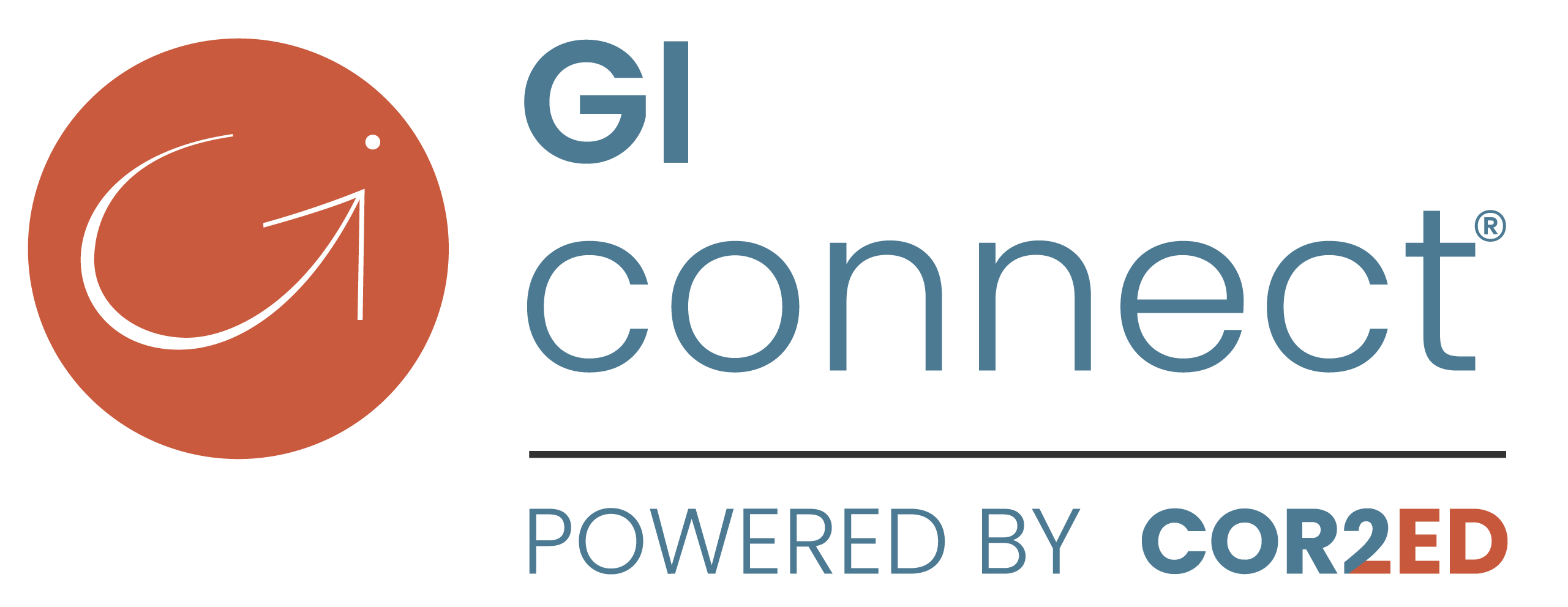



 Downloadable
Downloadable  5 MIN
5 MIN
 Jun 2025
Jun 2025 






